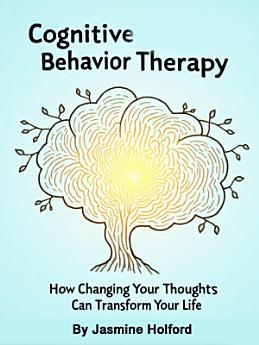Cognitive Behavior Therapy: How Changing Your Thoughts Can Transform Your Life
About this ebook
This is the fundamental premise of Cognitive Behavior Therapy, a revolutionary approach to mental health that has transformed millions of lives over the past half-century. Unlike traditional forms of therapy that delve into childhood experiences or unconscious motivations, CBT operates on a deceptively simple principle: our thoughts, feelings, and behaviors are interconnected, and by changing one element of this triangle, we can influence the others. It's a approach that treats the mind not as a mysterious black box, but as a system with patterns that can be mapped, understood, and modified.
The origins of CBT can be traced back to the 1960s when psychiatrist Aaron Beck noticed something curious about his patients with depression. Rather than being consumed by self-pity or past traumas, they were caught in cycles of negative thinking about themselves, their world, and their future. Beck observed that these thought patterns weren't random emotional responses but systematic distortions of reality. A patient might consistently interpret neutral events as personal failures, or catastrophize minor setbacks into evidence of complete worthlessness. These weren't character flaws or signs of weakness—they were learned patterns of thinking that could be unlearned.




